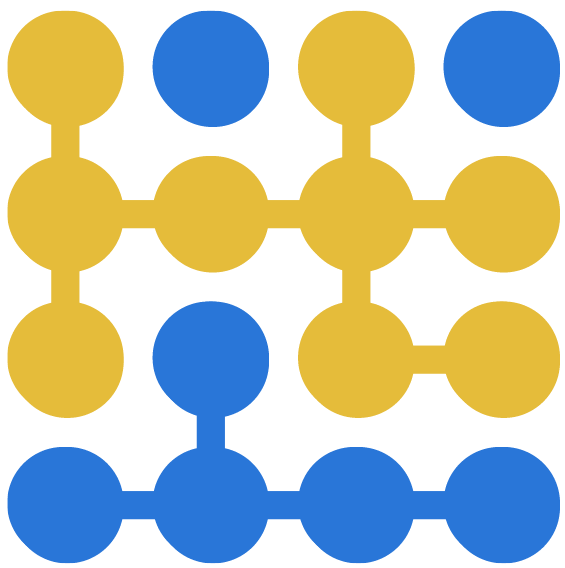Problem B
Synonyms
Languages
en
sv
Sometimes when copying text from Wikipedia into essays, the text can get caught in a plagiarism detection program. To avoid this, one must first rewrite the text in their own words so it doesn’t get flagged by the program. There are many ways to do this, one of which is to run the text through a translation program into another language and then back again. If you’re unlucky, the text may come back too similar to the original despite this.
You could avoid this problem by ensuring that a word is never translated back to the same word if there is another possibility. Formally, assume we have a dictionary with $N$ pairs of words $(a, b)$, where $a$ is the word in Swedish and $b$ is the word in another language. A certain word $x$ can then be changed to the word $y$ if there exist two pairs $(x, z)$ and $(y, z)$ in the dictionary for some word $z$.
Given a text, rewrite it by replacing as many words as possible by translating them to the other language and back.
Input
The first line contains the integer $N$ ($1 \le N \le 5000$), the number of word pairs in the dictionary.
The following $N$ lines each contain a word pair, with the word in Swedish first, followed by the word in the other language. The same word never appears in both languages, and no word pair appears twice.
This is followed by an integer $M$ ($1 \le M \le 1000$), the number of words in the text. The next line contains $M$ words, the text you are to translate. All words appear at least once as a Swedish word in the dictionary.
All words are between $1$ and $20$ letters long and consist only of letters from a-z. It is not guaranteed that the words are actual real words.
Output
Print $M$ words on a single line, the text where as many words as possible have been replaced with a synonym, using the process described in the task. If there are many possible synonyms for a word, you can choose any of them, as long as it is not the same word.
Scoring
Your solution will be tested on a set of test groups, each worth a number of points. Each test group contains a set of test cases. To get the points for a test group you need to solve all test cases in the test group.
|
Group |
Points |
Constraints |
|
$1$ |
$56$ |
All words in the other language has at least two Swedish translations. |
|
$2$ |
$44$ |
No additional constraints. |
Explanation of sample
There are two translations of “skum”, which are “foam” and “shady”. These can, in turn, be translated back into two different words: “skum” and “fradga”. To avoid translating the word back to “skum”, you must choose “fradga”.
However, for the second word, there is only one translation available, so we have to translate it back to the same word.
| Sample Input 1 | Sample Output 1 |
|---|---|
4 skum foam skum shady fradga foam typ type 2 skum typ |
fradga typ |
| Sample Input 2 | Sample Output 2 |
|---|---|
3 skum foam skum shady fradga foam 2 skum fradga |
fradga skum |

